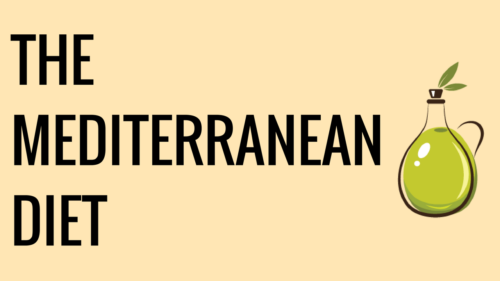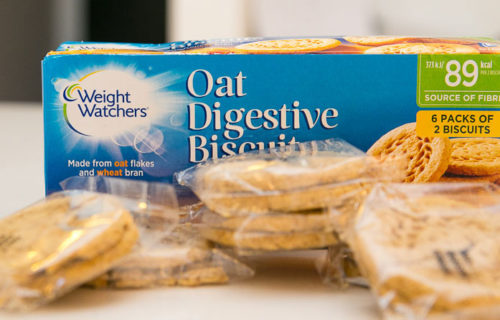When considering various diets, the Mediterranean Diet is one that is healthy and growing in popularity as an adapted American cuisine. Find out more about this tasty diet that can help you lose weight while improving your quality of life.
What is the Mediterranean Diet?
Quite simply, the Mediterranean Diet is based on Mediterranean eating habits. This is a healthy diet plan that incorporates foods like low fat dairy, lean red meat, fish, veggies, fruits, nuts and whole grains. It recommends substituting butter with canola or olive oil, using spices instead of salt and throwing in a glass of wine every now and again.
This diet plan is one that is a way of life to those living in the Mediterranean, and also happens to be a very healthy way to eat. It can lower the risks of cardiovascular disease, promote healthy cholesterol levels and reduce the likelihood of Parkinson’s and Alzheimer’s diseases and well as certain types of cancer. The Mediterranean Diet can also help manage weight.
To follow the Mediterranean Diet, recipe books are available. These can give you ideas for great recipes you can enjoy with your family. They can also offer weekly meal plans and tips and tricks for keeping healthy.
Exercise on the Mediterranean Diet
While there is no set exercise routine that is followed on a daily basis, working out is strongly encouraged while following this diet plan. Many books include a recommended fitness regimen in their healthy tips section.
Nutrition on the Mediterranean Diet
As stated before, the Mediterranean Diet is focused on plant based foods, low fat dairy, a limited amount of lean red meat, fish, nuts, fruits, vegetables and whole grains. The consumption of fats is included but should be limited to healthy fats only. Butter should be replaced with olive oil or canola oil and opt for spices over salt.
The drinking of wine is also encouraged while on the diet, although it is best to do so in moderation only. This means no more than five ounces of wine for women or men over the age of 65. Men under the age of 65 should not exceed ten ounces.
The Mediterranean Diet is said to reduce the risk of many chronic diseases and increase longevity.
Customer Feedback on the Mediterranean Diet
The Mediterranean Diet has been a favorite with dieters for some time. Here is what some people are saying about their experience.
“The recipes in this book are some of the best I found in a ‘diet’ book. Most of the recipes call for staples in the average kitchen (if you already have a lot of fresh vegetables and lean meats) or are easily found in the grocery store. The diet itself is easy to follow and is actually realistic, but you do have to be willing to prep and cook versus relying on processed foods.”
“The diet worked wonders for me! No matter how much I exercised (which was a lot), my weight just refused to budge. I talked to my doctor about a special weight loss program her office was promoting and she actually recommended the Mediterranean Diet instead, so I got this book and used its recipes…which are delicious by the way. In six months, I lost 23 pounds (13 percent of my body weight).”
“Both my wife and I are getting older and time is not being nice to us. We are in need of a healthy way of eating and fad diets lose their appeal quickly. We usually have differences in what we like to eat, buy have always seemed to agree on Mediterranean style food. What a bonus that it is actually healthy for you!”
Advantages of the Mediterranean Diet:
- Delicious food.
- Easy to find ingredients and food whether cooking or eating out.
- Promotes health and longevity.
- Promotes weight loss.
Disadvantages of the Mediterranean Diet:
- Does not include an exercise plan.
- Food must be prepared and cooked, no prepackaged meals available.
Conclusion
The Mediterranean Diet is one most people enjoy. It is flavorful and therefore easy to follow. Along with a reasonable exercise regimen, the diet will keep you healthy and fit.





















